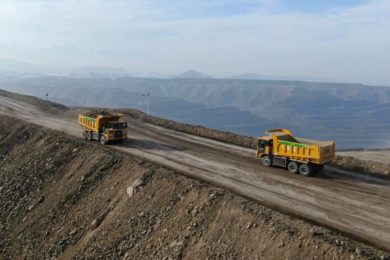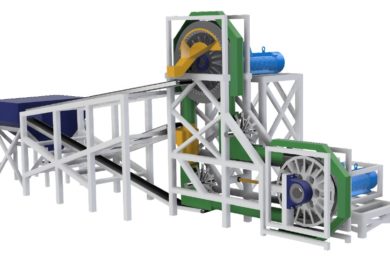As the Head of the Ecological Engineering and Phytotechnology Program in the School of Animal, Plant and Environmental Science, at the University of the Witwatersrand, Isabel Weiersbye has spent 22 years conducting applied research on issues ranging from pollution control and remediation using plants, to vegetation-based approaches for resource exploration and mine site closure. Her research has been focused primarily in sub-Saharan Africa yet her findings have been used to improve the outcomes of mine closure project around the globe.
The applied science program she leads is focused on: 1) conversion of mine wastes to resources to alleviate development pressures on other more pristine areas, and 2) the rehabilitation of devastated lands to states capable of delivering eco-system goods and services – two objectives that show her deep commitment to practical solutions that are protective of the environment. A key piece of her research and contribution to sustainable mining is phytoremediation. Biotechnologies like phytoremediation are low-risk, low-cost, in-situ processes for site decontamination that comprise the uptake of salts and metals into the leaves of specialised plants, so that they are cleansed from the soil and water. Through this process the plants concentrate contaminants into smaller packages. The biomass is then harvested for proper disposal or further processing, such as ashing or leaching for metal recovery.









